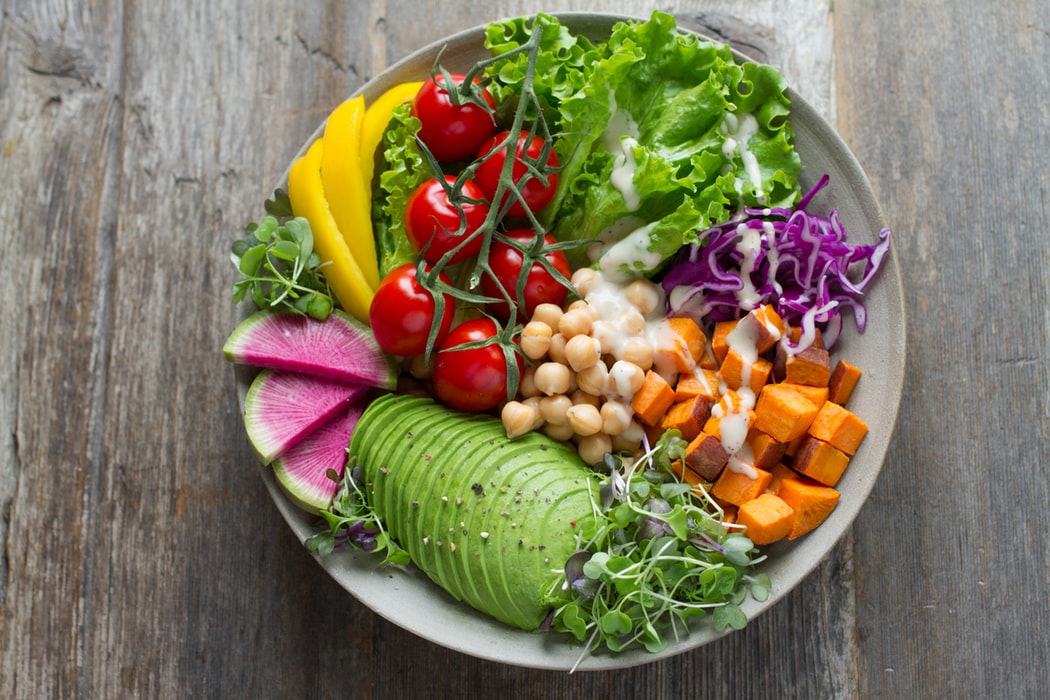
With the emerging popularity of vegetarianism, many people are taking a look at their diets and are choosing to eliminate meat. But for those who are true carnivores, becoming a vegetarian can seem intimidating. Many have a lot of misunderstandings when it comes to a vegetarian lifestyle. Here are some myths about transitioning into a vegetarian, debunked for you.
Myth: Being a vegetarian means you’ll have problems finding adequate protein
In our world, meat has become synonymous with protein. That’s why many people think vegetarians aren’t able to really consume adequate levels of protein. This couldn’t be more than true, as there are plenty of non-meat protein substitutes you can have. For example, legumes, tofu, nuts, whole grains, eggs, and soy products all have protein and can be easily added into any diet.
Myth: A vegetarian diet isn’t beneficial for those with special dietary needs
Again, just because you consume meat doesn’t mean that you have a diet that is rich with nutrients. A well thought out vegetarian lifestyle can have just as much, or even more nutritional benefits than a carnivore diet. With this in mind, vegetarianism is a great choice for children, pregnant and breastfeeding women, the elderly, and even athletes.
Myth: Being a vegetarian guarantees weight loss
There is a myth that eating vegetarian food can automatically make you lose weight because it is assumed all vegetarians eat incredibly healthy. Unfortunately, there are many vegetarian foods that are unhealthy, and it does take a lot of self-control not to indulge in these items too frequently (think potato chips and french fries). Just like with any diet, a vegetarian diet requires some planning to ensure a healthy weight.
Myth: Eating copious amounts of fruit is unhealthy
There’s the idea that supplementing your meals with some fruit is unhealthy simply because of the amount of sugar in fruits. This isn’t true because you must take into account the difference between natural and added sugars. While yes, a lot of sugar isn’t ideal for a healthy diet, the naturally occurring sugars in fruit can actually be beneficial for you as they contain plenty of vitamins and minerals. Fruits are wonderful snacks and can add a lot of fiber to your diet, so don’t be worried about snacking on fruits every day if you go vegetarian.
Myth: Going vegetarian will automatically include all the vitamins and minerals you need
While it can be easy to have a completely balanced diet, it can be difficult, especially if you are making the transition from carnivore to vegetarian. To ensure you are getting all the nutrients you need, invest in a supplement. If you don’t know which ones to choose, there are plenty of softgel manufacturers that can help you decide which option is best for you.
Myth: Vegetarian eating is expensive
This couldn’t be more false. Eating vegetarian can be one of the cheapest diets available because meat is one of the most expensive food staples out there. People think this is the case because they are unfamiliar with vegetarian ingredients, but considering that most of a vegetarian’s diet can be bought in bulk, it is actually a cost-saving method. It all comes down to planning; if you can create a meal plan where you buy all your items ahead of time, it’ll be easy for your wallet to be happy with you.
Hopefully, by debunking these myths, you can feel a bit more comfortable going vegetarian. So give it a try, and see what you think.
